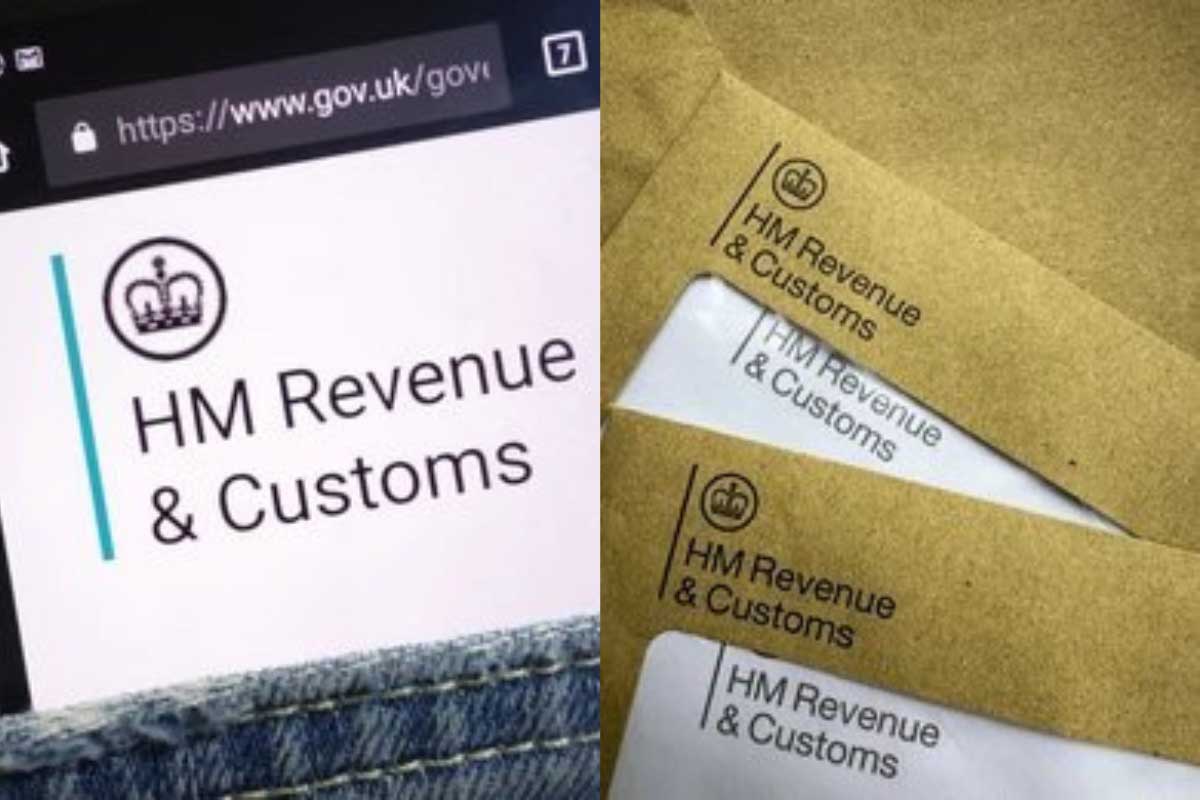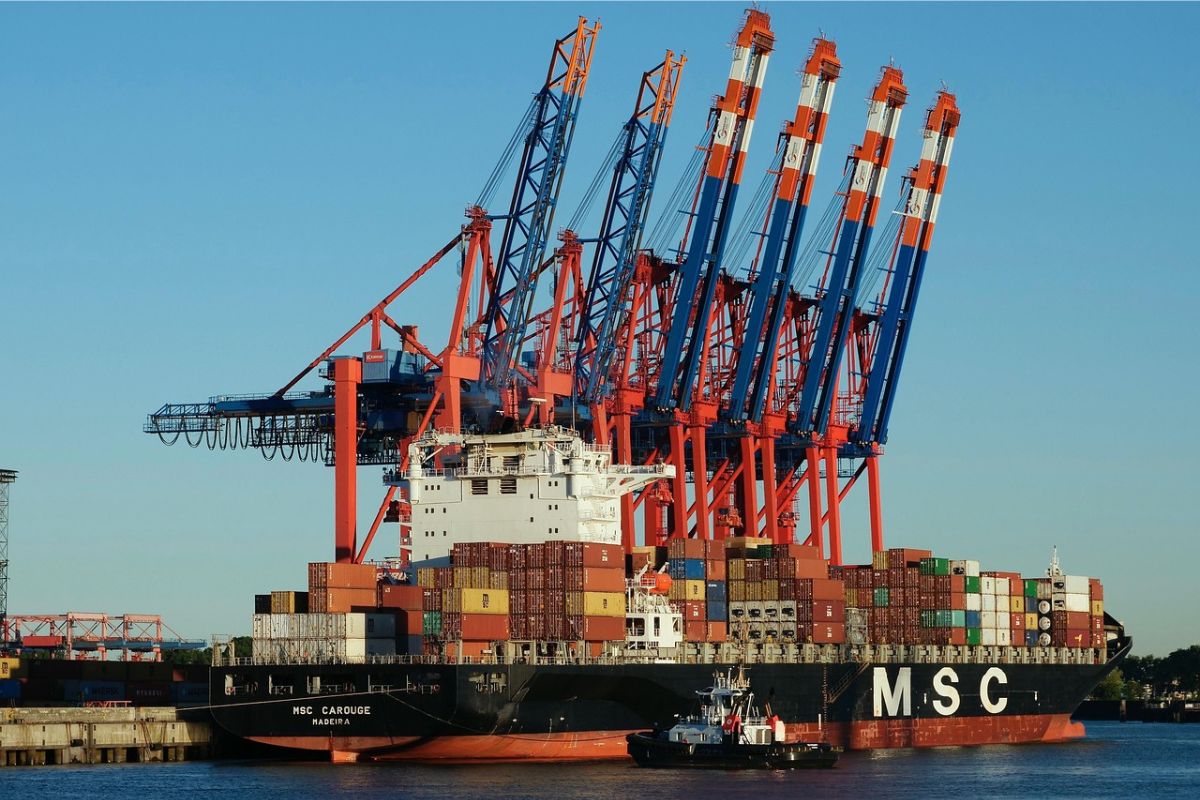Dealing with the major complexities of UK customs fees is an essential process for multiple businesses and individuals involved in importing goods to UK. Understanding the various taxes and charges imposed by Her Majesty’s Revenue and Customs (HMRC) ensures compliance and cost-effectiveness. This guide provides a clear and comprehensive overview of the types of import duties, calculation methods, exemptions, and payment options relevant to UK importers.
Types of UK Import Duties and Taxes
HMRC applies multiple taxes and duties on imported goods to regulate trade and generate as much revenue as possible. The primary categories include:
1. Customs Duty
In the UK, customs duties are heavily taxed on imported goods, with the rates varying based on the type of goods and their country of origin.
Threshold: Goods with value below £135 are exempt from customs duty.
Rates: Typically range from 0% to 25%, all in all, depending on the commodity code.
Gifts: Gifts worth £135-£630 are liable to pay 2.5% for some goods. The gifts above £630 and any other goods above that value are exempt.

2. Value Added Tax (VAT)
VAT is mainly charged on most of the goods that are imported into the UK.
Standard Rate: For most of the goods, it’s 20%.
Reduced rate: 5% for certain goods such as kids’ car seats and home energy.
Zero Rate: 0% for goods like most food items and children’s clothing.
Gifts: Gifts valued below £39 are exempt from VAT.
3. Excise Duty
In most cases, excise duty applies to specific goods, such as alcohol and tobacco.
Alcohol Duty
Rates are usually based on the type and alcohol by volume (ABV).
| Type of Alcohol | ABV Range | Duty Rate (£ per litre of pure alcohol) |
| Beer | 1.2% – 3.4% | £9.61 |
| Beer | 3.5% – 8.4% | £10.02 |
| Beer | 8.5% – 22% | £29.54 |
| Beer | Over 22% | £32.79 |
| Cider | 1.2% – 3.4% | £9.61 |
| Cider | 3.5% – 8.4% | £10.02 |
| Cider | 8.5% – 22% | £29.54 |
| Cider | Over 22% | £32.79 |
| Wine | 1.2% – 3.4% | £9.61 |
| Wine | 3.5% – 8.4% | £25.67 |
| Wine | 8.5% – 22% | £29.54 |
| Wine | Over 22% | £32.79 |
| Spirits | 3.5% – 8.4% | £25.67 |
| Spirits | 8.5% – 22% | £29.54 |
| Spirits | Over 22% | £32.79 |
Tobacco Duty
Tobacco duty rates are uncertain, depending on the type of tobacco product being imported. Here is the draft to follow.
| Tobacco Product | Duty Rate |
| Cigarettes | £316.70 per 1,000 cigarettes plus 16.5% of the retail price |
| Cigars | £395.03 per kg |
| Hand-rolling tobacco | £234.65 per kg |
| Other smoking tobacco | £234.65 per kg |
4. Anti-Dumping Duty
This duty is usually imposed on imported goods priced below fair market value to protect UK industries from unfair competition. Rates can vary, sometimes going way too up or sometimes way too low. There’s always an uncertainty in the value of the goods.
Calculating Import Duties and Taxes
Before importing goods into the UK, it is essential to accurately calculate duties and taxes, as this is crucial for budgeting and compliance.
1. Determining Customs Duty
There are multiple methods by which the customs duty is determined. Below are the terms that one needs to familiarize oneself with.
- CIF (Cost, Insurance, and Freight):Includes the cost of goods, insurance, and freight.
- FOB (Free On Board):Includes only the cost of goods.
Example:
- Goods: 2000 umbrellas(icustoms.ai)
- Value per unit: £5
- Total value: £10,000
- Insurance and Freight: £500
- Commodity Code: 6601 1000 00
- Customs Duty Rate: 4%
CIF Calculation:
- CIF Value: £10,000 + £500 = £10,500
- Customs Duty: £10,500 x 4% = £420
FOB Calculation:
- FOB Value: £10,000
- Customs Duty:£10,000 x 4% = £400
2. Calculating VAT
VAT is calculated on the total value, including customs duty.
CIF Calculation:
- Total Value: £10,500 (CIF) + £420 (Customs Duty) = £10,920
- VAT: £10,920 x 20% = £2,184
FOB Calculation:
- Total Value: £10,000 (FOB) + £400 (Customs Duty) = £10,400
- VAT: £10,400 x 20% = £2,080

Methods of Paying Import Duties and Taxes
Import duties and taxes in the UK can be paid via several convenient methods, depending on the size and frequency of one’s imports. HMRC offers flexible payment gateways and options best suited for occasional importers and well-established businesses, ensuring a smooth and timely customs clearance. Choosing the correct payment method not only helps you to stay compliant but also simplifies your cash flow. Below are the best ways to pay customs fees in the UK.
1. Duty Deferment Account
Duty Deferment Account allows importers to defer payment of customs duties, excise duties, and VAT. Payments are made via direct debit only.
2. Cash Account
For the cash account, importers can prepay funds into their cash account to cover import duties and taxes. This method provides flexibility and complete authority over payments.
3. General Guarantee Account
Typically, this account allows importers to look for multiple guarantees from the same account, covering various customs obligations.
4. Immediate Payments
Payments can be made directly at the time of importation using the Customs Declaration Service or the Customs Handling of Import and Export Freight system.
Key Takeaways for Importers
Understanding UK customs fees is crucial for avoiding unexpected costs, ensuring compliance, and maintaining smooth, hassle-free import operations. Stay informed, plan ahead, and choose the right payment method that suits your business needs the bests.
Conclusion
Being informed about UK customs fees is vital for importers to ensure compliance and manage costs effectively. Familiarity with different types of duties and taxes, calculation methods, exemptions, and payment options for businesses and individuals is essential in confidently going through the import process. Consulting with customs experts or utilizing services from experienced logistics providers is advisable for complex scenarios or large-scale imports.






